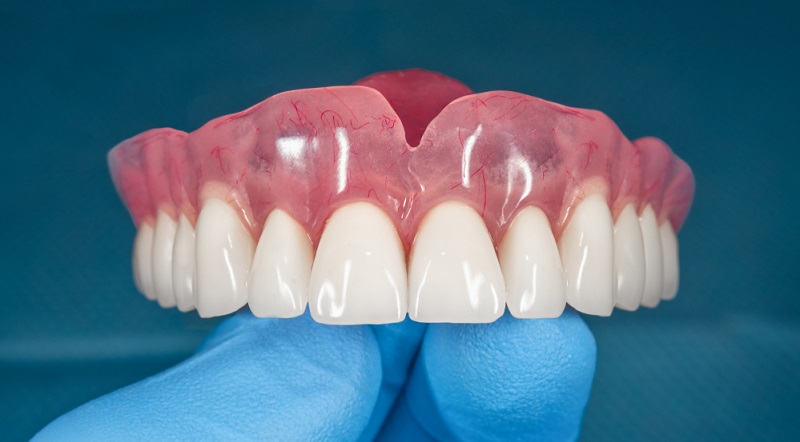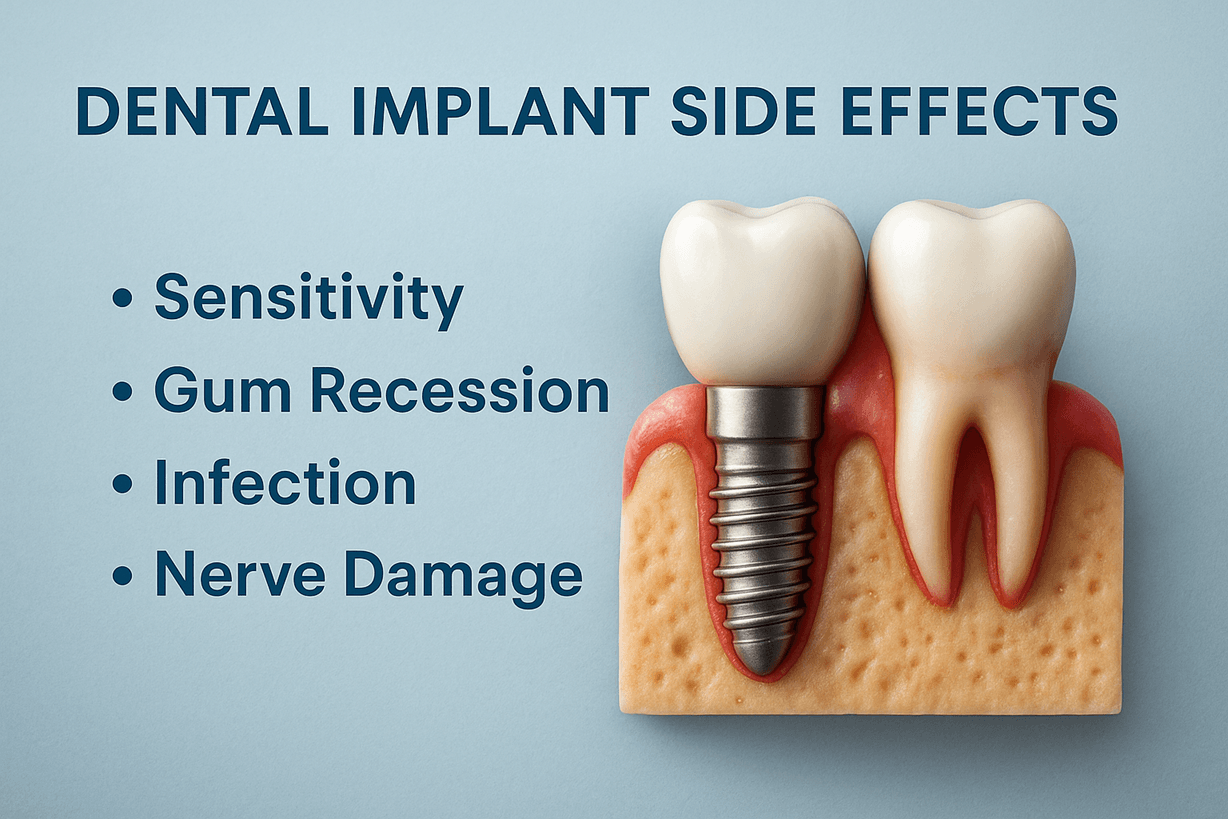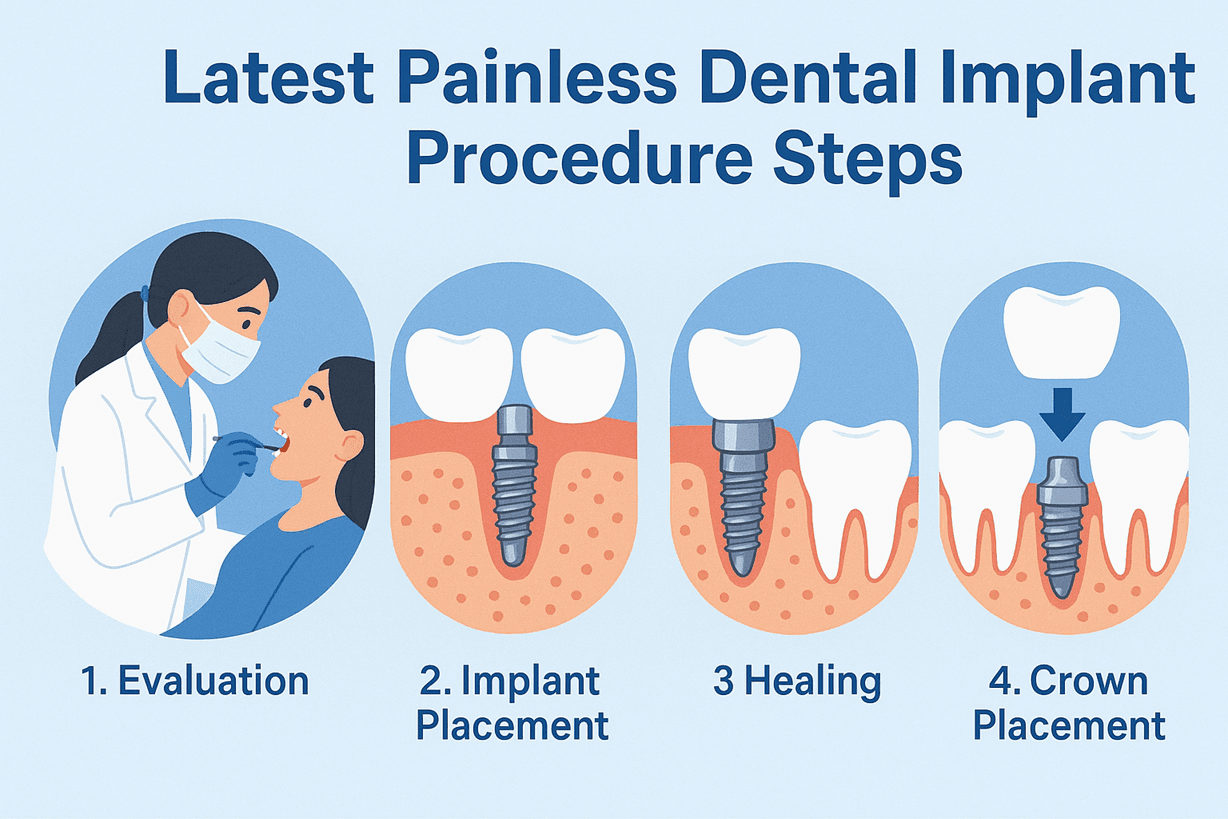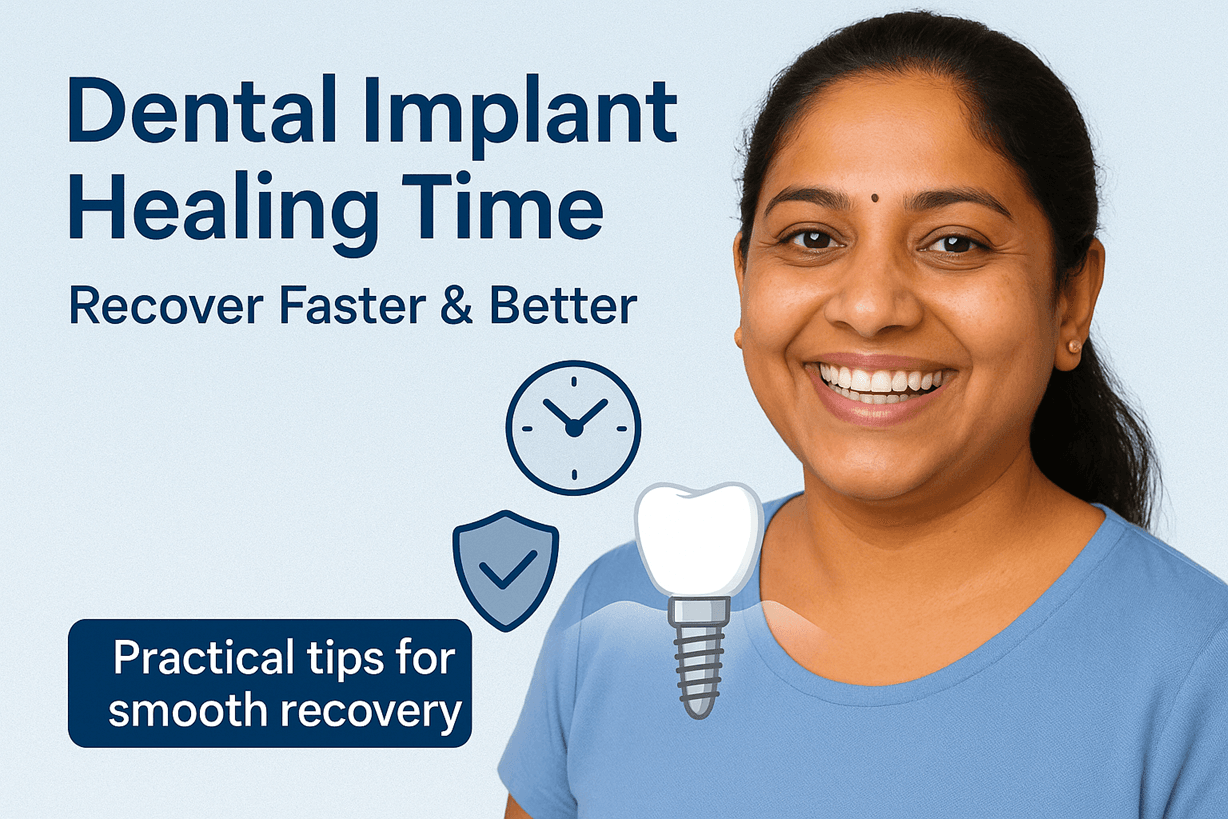Contents

Are you missing a tooth or two and looking for non-implant solutions? Tooth loss can be frustrating, uncomfortable, and even embarrassing.
But don't worry! There are various options available that do not involve invasive implant surgery.
In this blog post, we will explore some holistic approaches to tooth replacement that can help restore your smile and confidence. From dentures to bridges and more.
What is the dental Implant Alternative to Replace Missing Teeth?
There are a few alternatives to dental implants to replace missing teeth.
1. Dental Bridge
There are various types of bridges used to replace missing teeth. The most common is the cantilever bridge, supported by natural teeth on either side of the gap.
Another type, the Maryland bridge, consists of a metal or porcelain framework with wings bonded to the back of adjacent teeth.
Bridges effectively restore chewing function and prevent remaining teeth from shifting out of position. However, they require meticulous oral hygiene and regular dental visits to stay clean and free of plaque and tartar buildup.
A bridge is made up of two crowns that cover the adjacent teeth (abutment teeth) and one or more false teeth (pontics) in between. Dental bridges are typically made of porcelain, ceramic, or metal.
2. Dentures
Dentures are another common alternative to dental implants and can be either full or partial.
Full dentures replace all of the teeth in the upper or lower jaw.
Partial dentures replace some of the teeth and are usually made of acrylic or porcelain.
i). Removable Partial Dentures (RPDs)
There are many reasons why a person might need to have a tooth or multiple teeth removed, such as:
Decay
Gum disease
Injury
Crowding
When one or more teeth are removed, several replacement options are available. One option is a removable partial denture (RPD), often used when some natural teeth remain in the mouth.
An RPD consists of a metal framework attached to the remaining natural teeth, supporting a false tooth or teeth (pontics).
The pontics are usually made of acrylic or porcelain and match the colour of the natural teeth.
An RPD can be taken out and put back into the mouth as needed.
Advantages of RPDs:
Typically less expensive than other tooth replacement options, such as implants.
Can be made quickly, which is useful if you need a tooth removed for an upcoming event, such as a wedding.
Do not require surgery, eliminating recovery time after placement.
Disadvantages of RPDs:
Can be uncomfortable to wear and may cause gum irritation.
Can make it difficult to eat certain foods and may cause speech slurring.
Need regular cleaning and must be replaced every few years.
ii). Fixed Partial Dentures
Fixed partial dentures are an excellent option for patients missing one or more molars. They are strong, durable, and can be custom-made to match the patient's natural teeth.
Usually made of porcelain or ceramic.
Attached to natural teeth with metal clasps.
Can be used to replace a single tooth or multiple teeth in a row.
Provide a long-lasting solution to tooth loss.
3. Flipper Tooth
This is a temporary tooth replacement option that consists of a plastic tooth attached to a metal wire or retainer.
Flipper's teeth are not as sturdy or long-lasting as dental bridges or partials, but they can be a good option for people who only need a temporary replacement while waiting for something more permanent.
4. Implant-supported Bridges
If you are looking for an alternative to dental implants, there are a few options to consider. One option is an implant-supported bridge. This type of bridge is attached to dental implants that have been placed in your jawbone.
The advantage of an implant-supported bridge is that it does not rely on adjacent teeth for support and is therefore more stable than a traditional bridge. Additionally, implant-supported bridges can be used to replace multiple missing teeth and can help preserve the jawbone.
5. Resin-Bonded Bridge
A resin-bonded bridge may be a good option for you. This type of bridge is made by bonding metal or porcelain teeth to existing teeth.
Resin bonded bridge consists of two crowns that are bonded together by a metal or resin connector.
The advantage of this type of bridge is that it doesn't require as much invasive surgery as traditional dental implants. It does not require the placement of an artificial root in the jawbone, which can make it less invasive than other types of dental implants.
Additionally, this type of bridge can be less expensive than other types of dental implants. However, the downside is that they're not as durable as implants and may need to be replaced more often.
Tips For Choosing The Right Solution
There are many options available to people with missing teeth, and it can be overwhelming to try to choose the right solution.
Here are some tips to help you make the best decision for your needs:
1. Talk to your dentist about all of your options. They will be able to tell you what each option entails and help you decide which one is right for you.
2. Consider your budget. Some solutions, like implants, can be quite expensive. Others, like dentures, are more affordable. Choose the option that fits within your budget.
3. Think about your lifestyle. If you lead an active lifestyle, you may want a solution that won't interfere with your activities, like implants. If you have trouble taking care of your teeth, dentures may be a better option.
4. Consider your appearance goals. Some people want their replacement teeth to look as natural as possible, while others don't mind if they look a bit different from their real teeth. There are options available to suit both preferences.
5. Ask for recommendations from friends or family members who have gone through the process of choosing a replacement for missing teeth themselves. They may have helpful insights that you didn't consider before!
Cost Factors for Non-Implant Tooth Replacements
The cost of non-implant tooth replacements will depend on several factors, including the type of replacement you choose, the number of teeth you need to replace, and the complexity of your case.
Here are a few things to keep in mind when budgeting for your treatment:
Type of Replacement:
There are many different types of non-implant tooth replacements available, from dentures and bridges to partial implants and removable appliances.
The type of replacement you choose will have a big impact on the overall cost of treatment.
Number of Teeth:
The more teeth you need to replace, the higher the cost will be. In general, it is less expensive to replace several missing teeth with one appliance than it is to replace each tooth individually.
Complexity:
The complexity of your case will also affect the price. If you have complex dental issues that need to be addressed in addition to replacing your missing teeth, this will add to the cost.
A holistic approach to tooth replacement is essential for those who are missing molars. The implant alternative offers several advantages and can be tailored to the individual needs of each patient.
It's important to consult with a dental professional before making any decisions on what type of solution is best for you, as they will be able to provide the most comprehensive advice based on your individual situation.
With the right care and guidance, you can find an effective way to replace your missing teeth without implants or other high-cost solutions.



